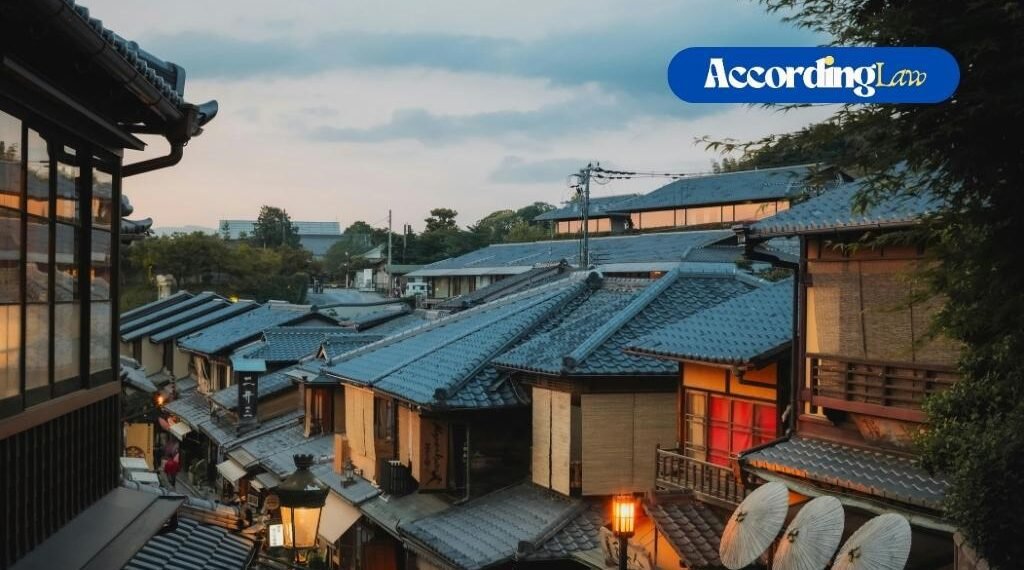Whether you’re intrigued by real estate opportunities abroad or drawn to the risks and rewards of online entertainment like casino platforms, Japan’s offer of free houses brings a fascinating mix of adventure and legal considerations.
Imagine this: you visit a website, pick a cute little house in a scenic Japanese village, and it’s yours. For free, no mortgage, no down payment, just take it and live in it. Sounds like a dream? It’s real. Japan is actually giving away houses to anyone interested. Why? Simple: locals are moving en masse to big cities, leaving rural villages empty. To breathe new life into these areas, the government started offering homes for free.
But as the saying goes, there’s no such thing as a free lunch. Let’s break down why these offers are so attractive, and what legal pitfalls you need to watch out for.
Table of Contents
Why does this offer seem so appealing?
Free: Good Deal
For most of us, “free” sounds like a celebration. Housing is expensive nowadays, even in remote areas. And here, you’re getting a house in Japan, a country known for its high quality of life, excellent infrastructure, and stunning nature.
A New Life and Adventure
If you’ve ever dreamed of moving abroad, this could be your chance. You can escape the hustle, live in a Japanese village, and try out a whole new lifestyle. This especially appeals to freelancers, creatives, or anyone tired of city life.
Interesting Investment
Some people take these houses, renovate them, and rent them out to tourists. Japan has many unique villages with a rich historical feel, and foreigners love staying in these kinds of places during holidays.
But let’s be honest: What’s the catch?
Now for the fine print. While the idea sounds simple and exciting, the reality is a bit more complex, especially from a legal point of view.
1. The house may be in poor condition
Many of these houses aren’t newly built. They’re often 30 to 50 years old, or even older. Some have been abandoned for years and could be in critical condition, requiring major repairs, plumbing upgrades, or structural reinforcements.
This isn’t just a matter of “slapping on some paint.” Sometimes it’s a full-blown renovation project that can cost tens or hundreds of thousands of dollars. The government doesn’t hide this, but they don’t always give you all the info upfront either.
2. Legal complications with ownership
For foreigners, acquiring property rights in Japan isn’t always straightforward. While it’s legal for non-citizens to own land and homes, there are often bureaucratic hoops to jump through:
3. Obligations after getting the house
You don’t always just get a house for free with no strings attached. Local governments may require you to:
If you don’t fulfill these conditions, you could lose the house, or be fined.
4. Taxes and hidden costs
Even if the house is free, property taxes, utilities, garbage collection, and insurance still apply. Rural areas in Japan often have unique rules and fees that aren’t obvious at first glance.
Is it worth it?
If you’re seriously thinking about relocating or investing in Japanese real estate, yes, this could be an exciting move. But don’t treat it like a freebie. It’s more like a project with a lot of layers.
Before you apply:
Conclusion
Yes, Japanese authorities really are giving away houses. Yes, you can get a home for practically nothing. But “free” doesn’t mean “carefree.” It’s like winning a lottery, where the prize isn’t just money, but a whole new life with new rules, new responsibilities, and new costs.
So before you hit “reserve” on the website, make sure you’re ready for a fresh start, not just in a beautiful house, but in a whole different reality.
Disclaimer:
This article includes third-party promotional content. Accordinglaw.com does not endorse or promote any form of online gambling. Readers should make sure they understand the rules in their country before visiting or using any linked websites.


